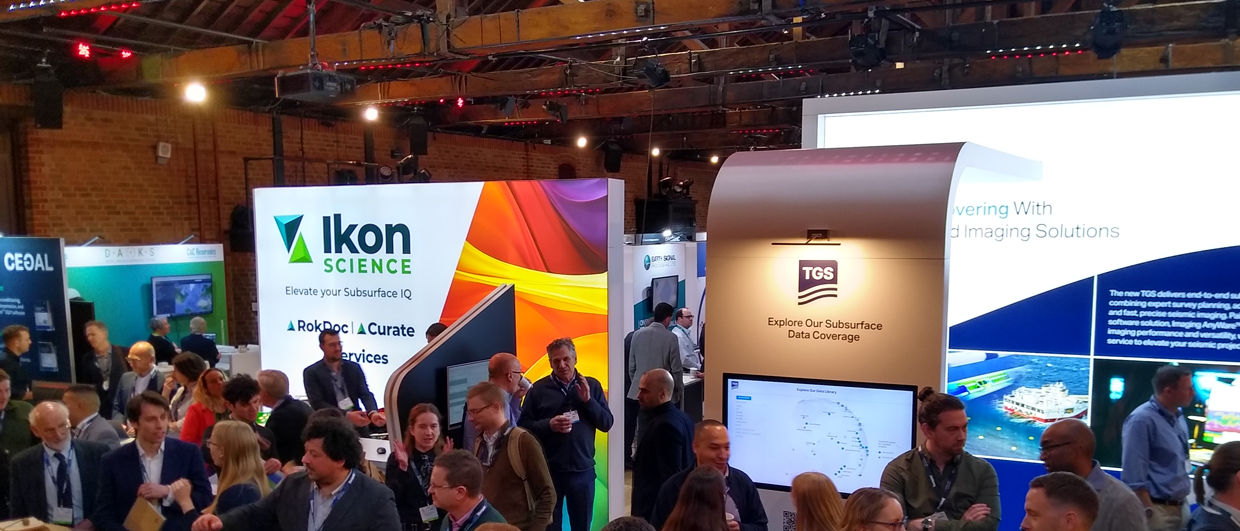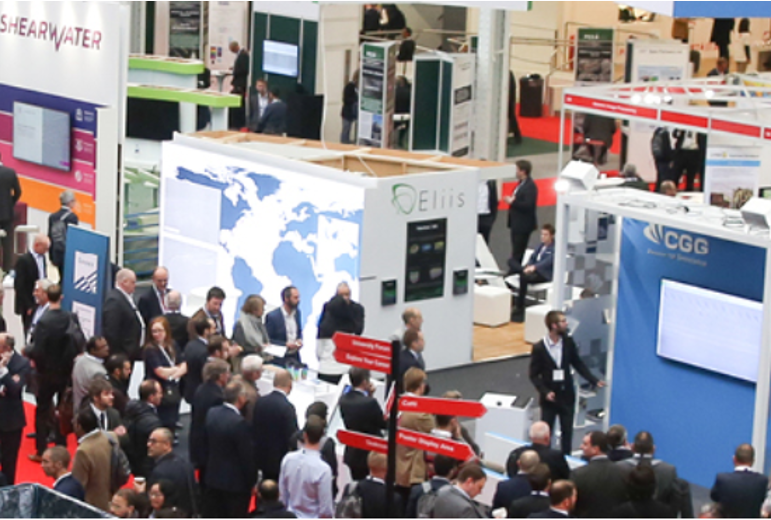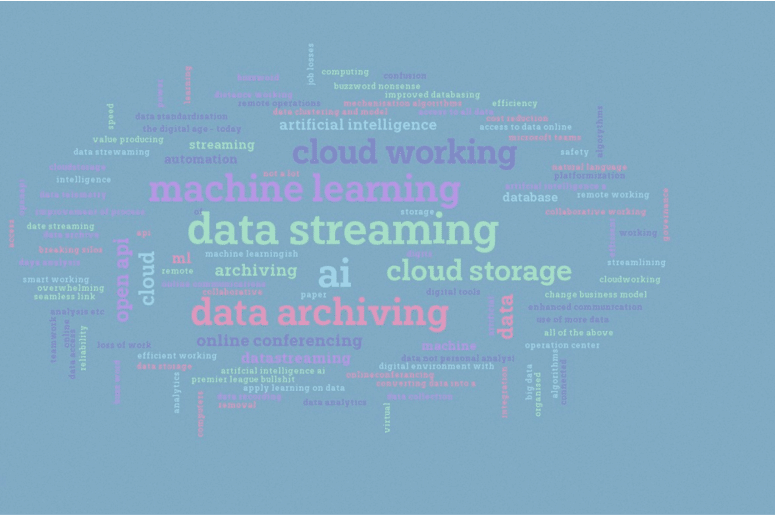When I attended Petex for the first time, it must have been around 2010, I took it all for granted: the big booths, the enormous exhibition floor, the large number of operators, and the technical programme. This is how industry conferences were run, and this is how it would remain. I had no further thoughts about it at all.
It is unlikely that I was the only one thinking along these lines. Years later, when I was part of the PESGB Council, I learned that an important part of the funding model for the society was based on the “fact” that a Petex year brought in enough money for the society to finance the next non-Petex year. It had been like that for quite a while, and with the oil price being north of $100 for the foreseeable future – at least that is what all the analysts said – why would you question that model?
However, this year Petex took place in the Brewery, and not in Excel. For those who know London a bit, it says enough. The size of the conference has come down dramatically. That is of course not to say that it was not worth going – I think the buzz was good and the venue offered a nice ambiance. At the end of the day, meeting people is one of the key aspects of these events and there was ample opportunity to do so.
But there is no point trying to deny that it was not only the size of the conference that changed. The number of operator talks was also much lower than what many expected. Don’t get me wrong, talks from the service sector can be equally good, but as Brenda Wyllie once told me – you can get a service company in the door with a presentation the next day. Shell’s exploration manager will not rock up to give you an overview of the company’s drilling targets tomorrow.
Convenor Tim Gibbons even apologized for the lack of operator talks as he welcomed delegates on Tuesday morning. I have little doubt that Tim and his team did their utmost best to pull in abstracts from those pumping up the oil and gas from the UKCS, so how to explain this then?
In my view, there is fatigue among the operating companies. Attacked by the media, taxed and taxed by the government, told not to explore anymore and facing imminent cessation of production of many of their fields, there seems to be less and less of an appetite to go out and present. It all makes for a more difficult environment for conference organisers to operate in. At the same time, it might also have been good to have more people from operators in the programme committee, as this can help pulling more talks in.
On the back of all this, the conference landscape has changed too, with seemingly more events on offer than ever.
All of this offers ample reasons why Petex was like it was this year. It shows clearly how the state of the industry is linked to the state of the conference landscape. That does not mean I did not have a good time though. One of my highlights was to finally meet with Juan Cottier – the Geologist who ruins everything – to talk social media, what it brings and what it does not bring. I now even know how to pronounce his name!





